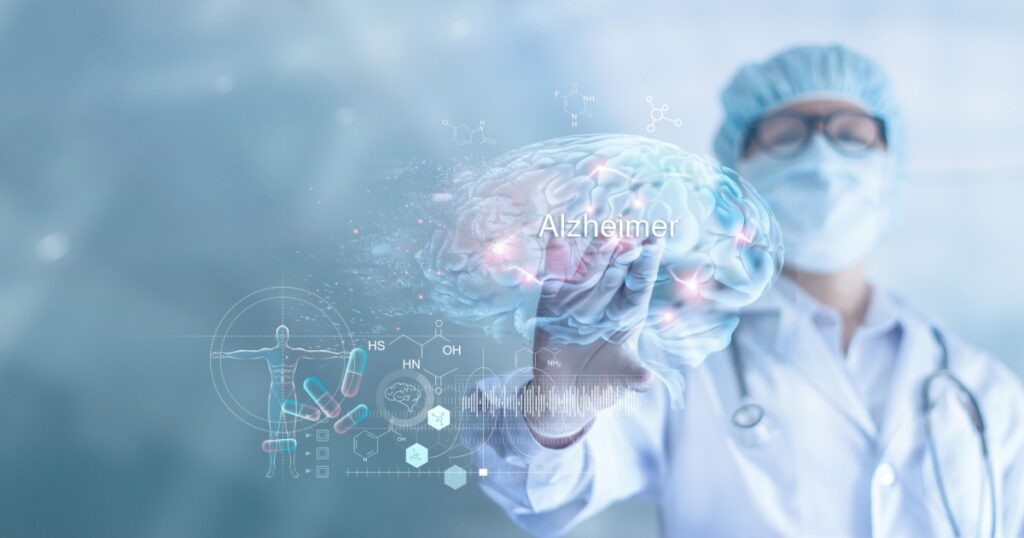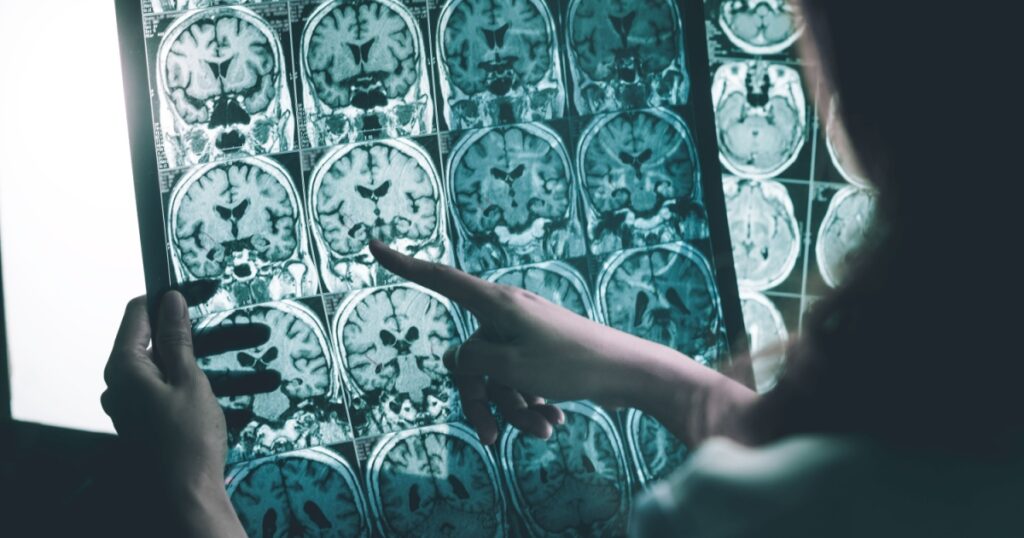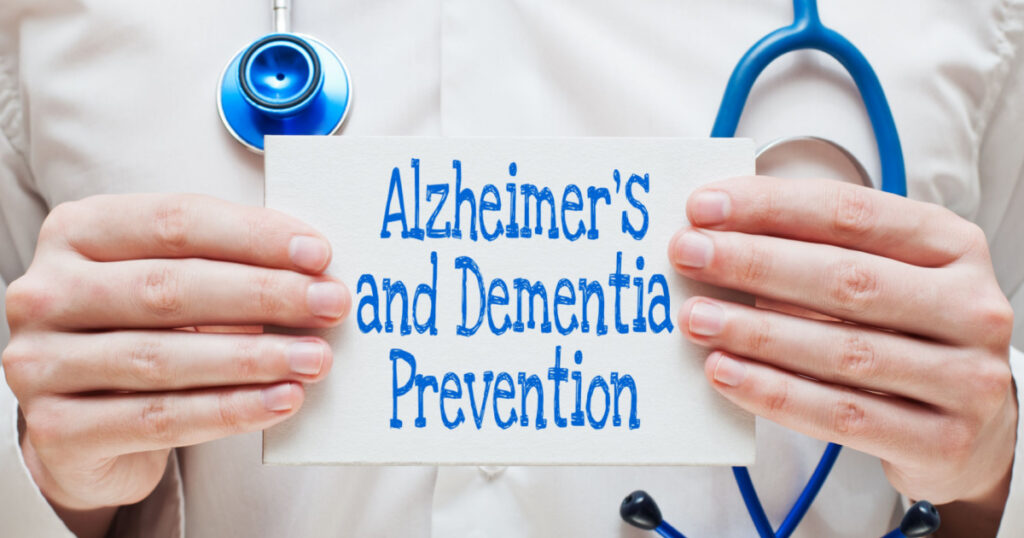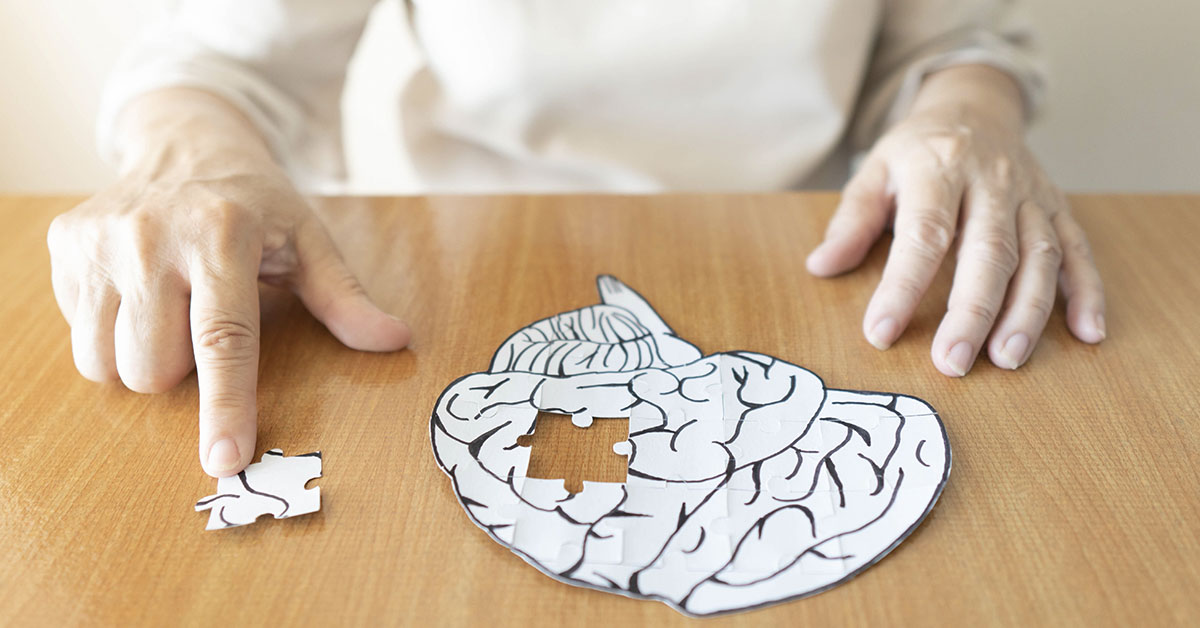Alzheimer’s disease is a debilitating neurodegenerative disorder that affects millions of people worldwide. It is characterized by progressive memory loss, cognitive decline, and changes in behavior. While the exact cause of Alzheimer’s is still not fully understood, a recent study has shed light on a potential rare mode of transmission that links Alzheimer’s with certain medical procedures. This article explores the findings of the study and discusses what they mean for individuals who are in regular contact with Alzheimer’s patients or have a family history of the disease.
Understanding Alzheimer’s Disease

Alzheimer’s disease is a progressive brain disorder that affects memory, thinking and behavior. It is the most common cause of dementia in older adults. The disease is characterized by plaques and tangles in the brain, which disrupt communication between cells and lead to cell death. The exact cause of Alzheimer’s disease is unknown, but it is believed to be a combination of genetic, environmental and lifestyle factors. The disease usually begins after age 60, although early-onset forms can occur in people as young as 30. (1)
Read More: Scientists Reveal Overlooked Midlife Risk for Alzheimer’s Disease
About the Study

The study, published in Nature Medicine, focused on the association between cadaver-derived pituitary growth hormone (c-hGH) and the development of Alzheimer’s disease. Prions, which are pathogenic agents that induce abnormal folding of proteins in the brain, are known to cause neurodegenerative diseases. Prions which are also known as transmissible spongiform encephalopathies (TSEs), are a group of rare, fatal brain diseases that affect both humans and animals. They are caused by an abnormal form of a protein called PrP (prion protein). Prions can be transmitted from one person or animal to another through contaminated tissue or body fluids such as blood, saliva and urine. The Alzheimer’s study aimed to investigate if recipients of c-hGH, which is derived from cadaveric pituitary glands, exhibited biomarker changes related to Alzheimer’s disease. (2, 3)
The Study’s Findings

The researchers collected brain biopsy and postmortem brain tissue samples from individuals with various forms of prion diseases, including those who received c-hGH treatment. Next-generation sequencing was performed to evaluate the genetic aspect of disease manifestations. The findings indicated a strong association between exposure to contaminated c-hGH and the development of Alzheimer’s disease. Previous studies have shown that the transmission of amyloid-beta (Aβ) pathology, a hallmark of Alzheimer’s, can occur through iatrogenic routes. Iatrogenic cerebral amyloid angiopathy (CAA) has been linked to the prolonged incubation of Aβ transmission, which poses a risk for developing iatrogenic Alzheimer’s disease after a longer period of latency. The study found that individuals exposed to c-hGH contaminated with Aβ seeds were more likely to develop Alzheimer’s compared to those exposed to CJD prions.
What This Means for You

If you have regular contact with someone diagnosed with Alzheimer’s disease or have a family member affected by the illness, these findings may be concerning. While it is important to note that iatrogenic Alzheimer’s disease is rare, precautions should be taken to prevent accidental transmission of pathogenic prions during surgical procedures. Healthcare professionals should ensure rigorous sterilization protocols and use uncontaminated instruments to minimize the risk of exposure. “This study provides evidence of an extremely rare and unusual route through which Alzheimer’s disease could potentially have been transmitted to some patients after they received human growth hormone from deceased donors’ brains. However, it is not known how common Alzheimer’s transmission was in the 1,800 people who had this treatment and the study only looked at the records of eight people,” explained Dr Richard Oakley, Associate Director of Research and Innovation at Alzheimer’s Society. (4)
Read More: Alzheimer’s May is a Result of Modern Lifestyles, New Study Suggests
Don’t Panic

He continued his explanation as to why the general public shouldn’t be panicking about these new findings: “With the treatment not used since 1985, there is no cause for concern for the health of the general population. Nowadays, patients receive synthetic alternatives which have been approved for safety and do not pose a risk of transmitting diseases. There are no safety concerns with today’s treatments as they were developed to minimize the risk of any transmissible diseases. Crucially, there is also no evidence that Alzheimer’s disease can be transmitted in the context of daily life activities, or routine care.”
Additionally

The study suggests that Alzheimer’s disease has triad etiologies: iatrogenic (environmentally acquired), late-onset sporadic, and early-onset inherited forms. This implies that targeting disease-related assemblies could be a potential therapeutic approach. It is crucial for further research to focus on developing measures to prevent the accidental transmission of pathogenic prions and to explore targeted interventions for different forms of Alzheimer’s.
Alzheimer’s Disease Prevention

There is currently no cure for Alzheimer’s disease, but there are ways to reduce your risk of developing the condition. The most effective way to prevent Alzheimer’s is by maintaining a healthy lifestyle. This includes eating a balanced diet, getting regular exercise, and staying mentally active. Remember, eating a healthy diet and maintaining a regular exercise routine doesn’t have to be complicated. Eat plenty of fruits and vegetables and avoid processed, pre-packaged foods as much as possible. Manage any chronic health conditions. Move regularly – walk every day, take the stairs, garden, take dance classes, learn to play tennis or paddle. All of these things will help to challenge both your body and your mind. It is also important to avoid smoking and excessive alcohol consumption, as these can increase your risk of developing Alzheimer’s disease. If you have a family history of the condition, it may be worth speaking with your doctor about whether you should take any additional steps to reduce your risk.
The Bottom Line

Alzheimer’s disease is a complex condition that continues to puzzle researchers and medical professionals. The recent study linking Alzheimer’s with the transmission of pathogenic prions through certain medical procedures adds another layer of understanding to this intricate disease. While the risk of iatrogenic Alzheimer’s is low, it is essential to remain vigilant and take necessary precautions to minimize the potential transmission of prions. Continued research and advancements in the field of Alzheimer’s will hopefully pave the way for improved prevention, diagnosis, and treatment options that provide hope for those affected by this devastating disease.
Read More: 8 Steps to Help Prevent Alzheimer’s Disease
Sources
- “Understanding Alzheimer’s Disease.” OHSU
- “Iatrogenic Alzheimer’s disease in recipients of cadaveric pituitary-derived growth hormone.” Nature. Gargi Banerjee, Simon F. Farmer, Harpreet Hyare, Zane Jaunmuktane, Simon Mead, Natalie S. Ryan, Jonathan M. Schott, David J. Werring, Peter Rudge and John Collinge. January 29, 2024.
- “Prion Diseases.” CDC
- “Expert reaction to study of Alzheimer’s Disease in recipients of cadaveric pituitary-derived growth hormone.” Science Media Centre. January 29, 2024.

